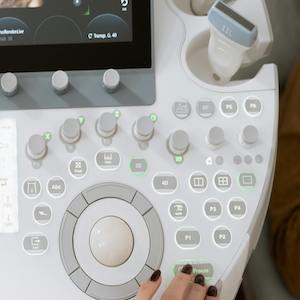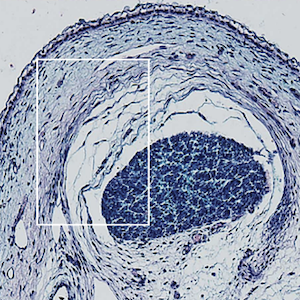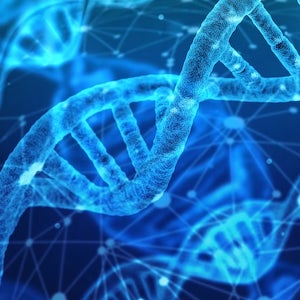How the ultrasound protocol may improve the timely diagnosis of cerebrovascular complications in giant cell arteritis

All claims expressed in this article are solely those of the authors and do not necessarily represent those of their affiliated organizations, or those of the publisher, the editors and the reviewers. Any product that may be evaluated in this article or claim that may be made by its manufacturer is not guaranteed or endorsed by the publisher.
Authors
Giant cell arteritis (GCA) is a granulomatous inflammatory vasculitis of medium and large vessels, with a predilection for the external carotid and ophthalmic arteries and, to a lesser extent, for the vertebral arteries. In early phases of the disease, symptoms may be nonspecific, such as malaise, fever, and weight loss. Overt typical GCA symptoms are temporal headache, scalp tenderness, jaw claudication, and sudden vision loss. Inflammatory vessel involvement in GCA results in partial or complete occlusion of the arterial lumen, leading to complications such as acute ischemic optic neuropathy, transient ischemic attack, and ischemic stroke. The latter is a rare but severe complication of GCA, and it has been reported in 2.8-7% of patients diagnosed with GCA. The majority of ischemic strokes are related to inflammation of vertebral and, less frequently, basilar and internal carotid arteries. Stroke in GCA patients affects vertebrobasilar circulation in 50 to 100% of cases, compared to only 20% observed in cerebrovascular accidents in the general population. Prompt diagnosis of GCA cranial involvement is pivotal, since early start of high-dose corticosteroid treatment and/or immunosuppressive drugs (e.g., tocilizumab and methotrexate) is highly effective in preventing further evolution and recurrence of such complications. In this viewpoint, we have briefly pinpointed the current possible value of vertebral ultrasound from both the rheumatologist’s and neurologist’s points of view.
How to Cite

This work is licensed under a Creative Commons Attribution-NonCommercial 4.0 International License.











